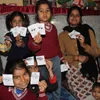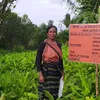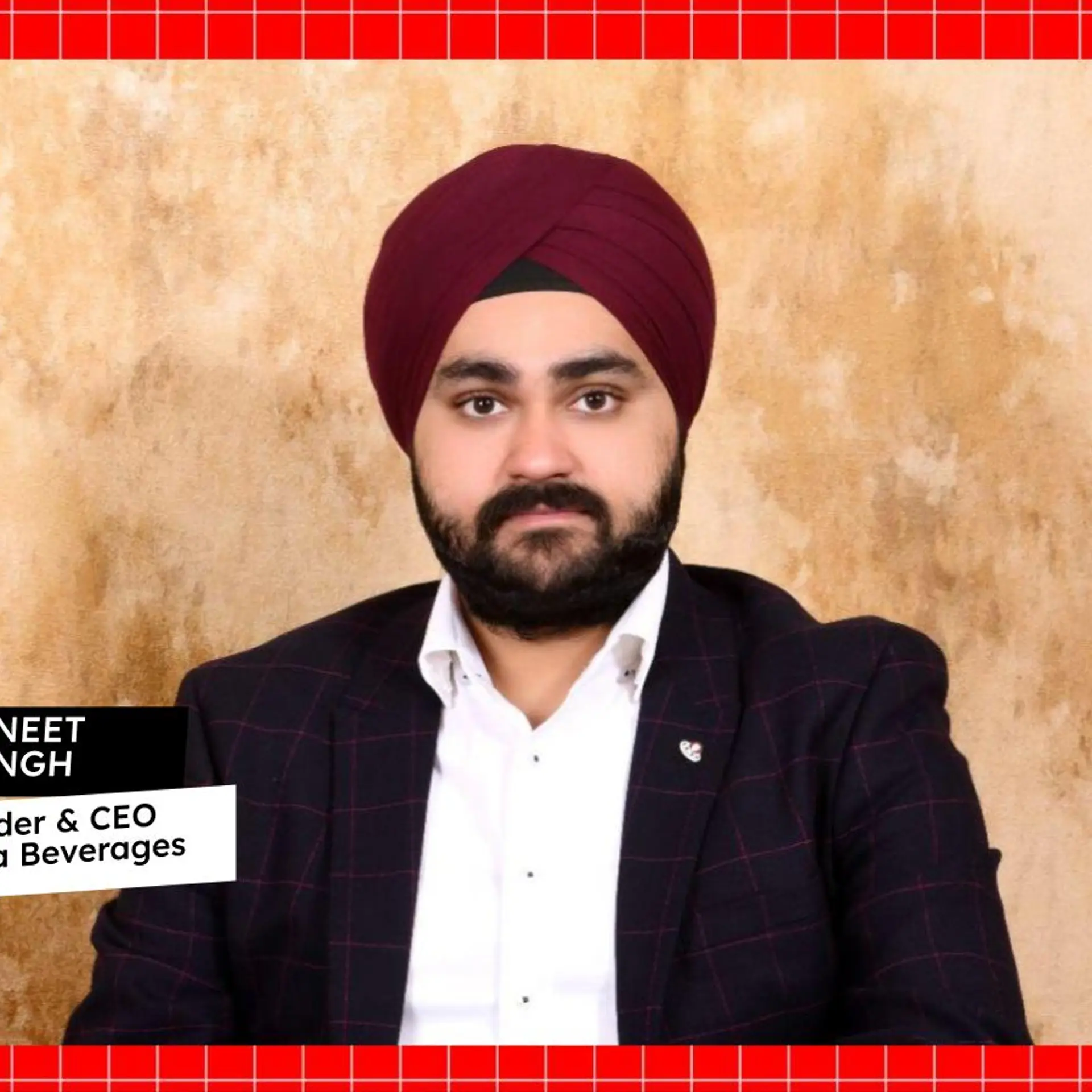From upskilling teachers to empowering artisans with sustainable handloom – the top Social Stories of the week
This week, SocialStory identified stories of empowerment of teachers, farmers, weavers and artisans and of individuals who aim for rural upliftment.
CEQUE, or Centre for Equity and Quality in Universal Education, is empowering teachers with better teaching methods and innovations to improve education in rural areas.
Nitesh Bhardwaj started the non-profit Aadiwasi JanJagruti to create awareness and debunk false information spreading widely through the villages in India. Meanwhile, Mission Prakriti is creating food forests to empower farmers and improve their livelihoods.
Likewise, Komal Kaur and Stanley George’s Bohemian Dream sells Indie-Bohemian clothing inspired by Indian crafts and empowers the artisans in the process.
Here are the top Social Stories of the week:
CEQUE is upskilling teachers to provide quality education to underprivileged children in India

During the pandemic, the teachers reached out directly to a few students who did not have access to technology
To empower remote learning in rural India, Dr Anju Saigal founded the non-profit CEQUE to improve the quality of education provided to rural students.
“The teacher in a classroom is the biggest lever that fundamentally makes a difference to the child's learning. And that's where we wanted to focus on when we began our journey in 2012,” Anju tells SocialStory.
CEQUE stands for Centre for Equity and Quality in Universal Education, and aims to improve education by improving the teaching potential of educators.
Its programmes focus on building teacher support and teacher capacity, coaching them, and helping them navigate the area of pedagogy and teaching.
Mission Prakriti is creating food forests on more than 2,000 acres of land to empower over 1,000 farmers

The now-flourishing lands of the Narmada Valley Food Forest
The lives of people living in the small belt of the Kanha forest reserve have been under a lot of stress as the land has become barren over many decades. The years of commercial farming and deforestation not only depleted the soil but also impacted the livelihoods of the tribal Gond and Baiga communities.
Enter GAIA - the Earth Foundation, whose social reforestation initiative Mission Prakriti has been helping these farmers and improving their livelihoods for over three years now.
The initiative is driven by focusing on social forestry, which helps in solving two critical issues: climate change and social inequities that people in underserved communities face.
29-year-old is helping tribal youth in Maharashtra bring change with mobile videos
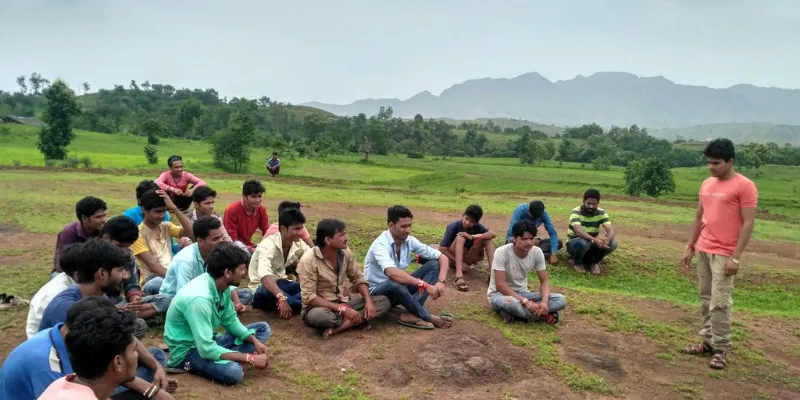
While primary and secondary school education had penetrated most of the Nandurbar district, it did not take advantage of many government-led development schemes.
“There was high-level corruption, and this made me realise that the right and relevant information must be disseminated among people to benefit them in different ways,” says Nitesh Bhardwaj, who arrived in the district as a part of SBI’s Youth for India Fellowship
So, he decided to create awareness and debunk false information that would spread widely through villages because there was no way to fact-check. This also laid the foundation for Aadiwasi JanJagruti – a non-profit that would work for their development.
Avigna Group’s Abhijit Verma wants to provide farmers with opportunities through conscious capitalism

“In a post-harvest scenario, the farmer faces three primary challenges,” says Abhijit Verma, Executive Director and CEO, Avigna Group, the multimillion-dollar group spanning verticals such as infrastructure, real estate, textiles, and education.
The Avigna Group has laid the foundation for India's first-of-its-kind Food Terminal Market built over 26 million sq ft in Madhya Pradesh and 15 million sq ft in Tamil Nadu, with a budget of Rs 6,000 crore.
Abhijit says that a capability model needed to be built in and this will be reflected in the Food Park and Food Terminal Markets, the construction of which was delayed when the pandemic broke out.
Gurugram-based sustainable clothing brand works with artisans and weavers to make handloom products for women
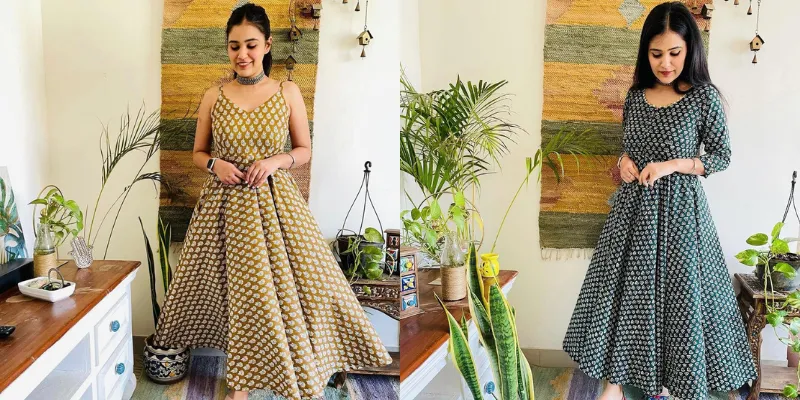
Dresses by Bohemian Dream
Having worked in the apparel industry, ecommerce professionals Komal Kaur and Stanley George noticed that Indian crafts were slowly fading away from the market. They were either available at the traditional local mass markets or were sold under niche designer labels (where one gets contemporary design at a steep price point).
“Bohemian Dream was started with an idea to bridge this gap and increase the acceptability of these crafts among a wider audience,” Co-founder Komal Kaur tells SocialStory.
Based in Gurugram, the label sells Indie-Bohemian clothing inspired by Indian crafts. It was started in 2017, with a vision to bring Indian crafts and textiles in a new avatar, making them more acceptable and relevant to the youth.


